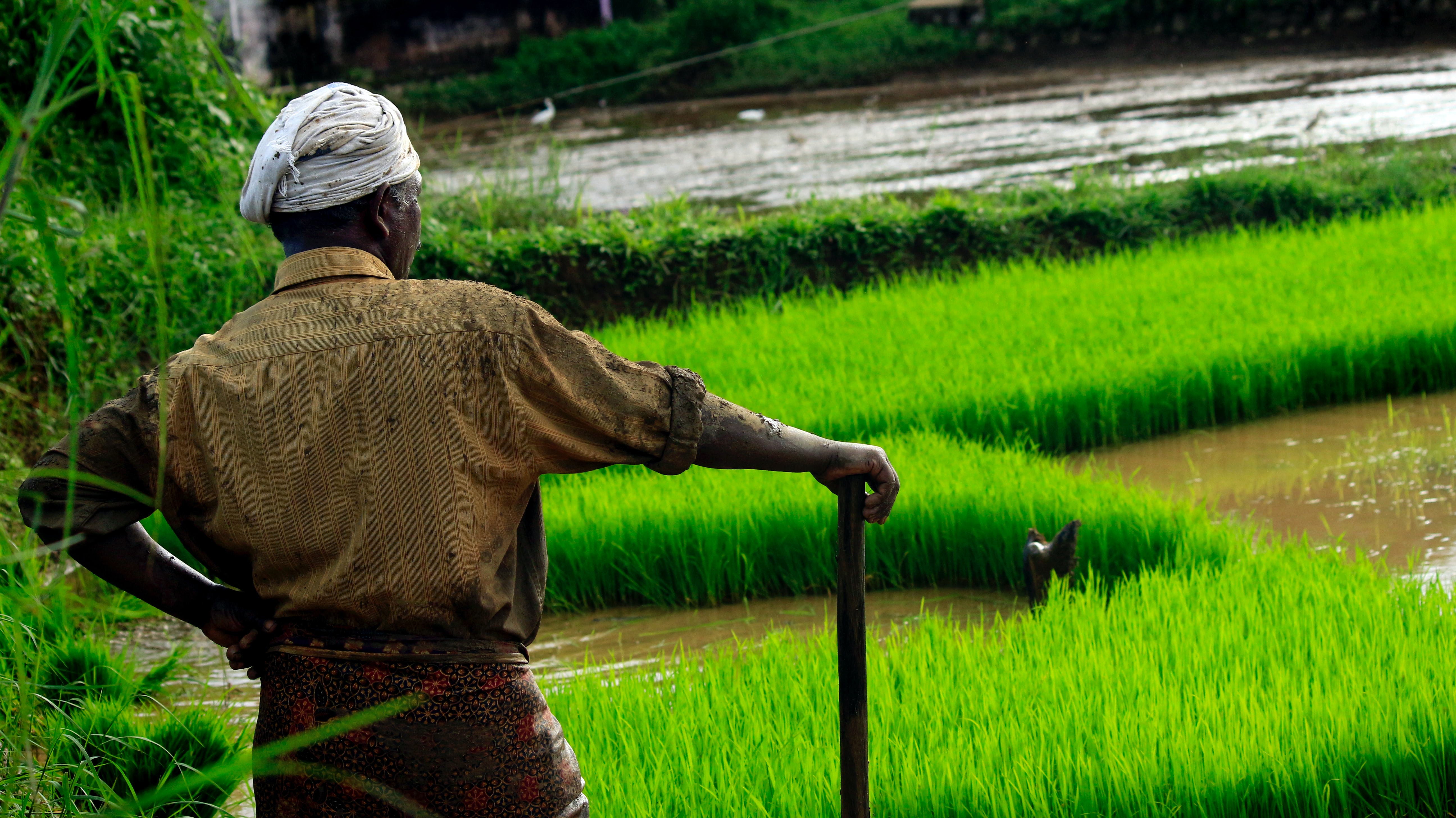Climate change is often referred to as a threat multiplier, this article looks at how a warming world is also creating a more toxic world.
In rising heat, not only are bodies more susceptible to health issues, but many chemical pesticides become less effective and more toxic, while pest attacks become more frequent.
Elimination and substitution of highly hazardous pesticides (HHPs) is posited as the most effective way to prevent exposure and protect human and environmental health.
Some excerpts:
"...873 million agricultural workers globally are vulnerable to pesticides and other harmful agrochemicals."
"According to a 2020 paper published in BMC Public Health, 385 million cases of unintentional, acute pesticide poisoning occur globally yearly, resulting in 11,000 mortalities. Roughly 44% of farmers are poisoned by pesticides yearly, the highest rates in South Asia."
"...the average pesticide use per agricultural worker has doubled, from 0.16 kilogram per worker (kg/worker) in 2005 to 0.3 kg/worker in 2021. Global pesticide use reached a staggering 3.54 million metric tons in 2021, a 94% increment from 1990."
"Looking at the declining farm production, More suggests shifting toward the ecological methods of pest control. 'We can't keep arguing anymore that organic farming yields less produce. If we keep using harmful pesticides, the environment and climate change will eventually destroy everything,' he says."
